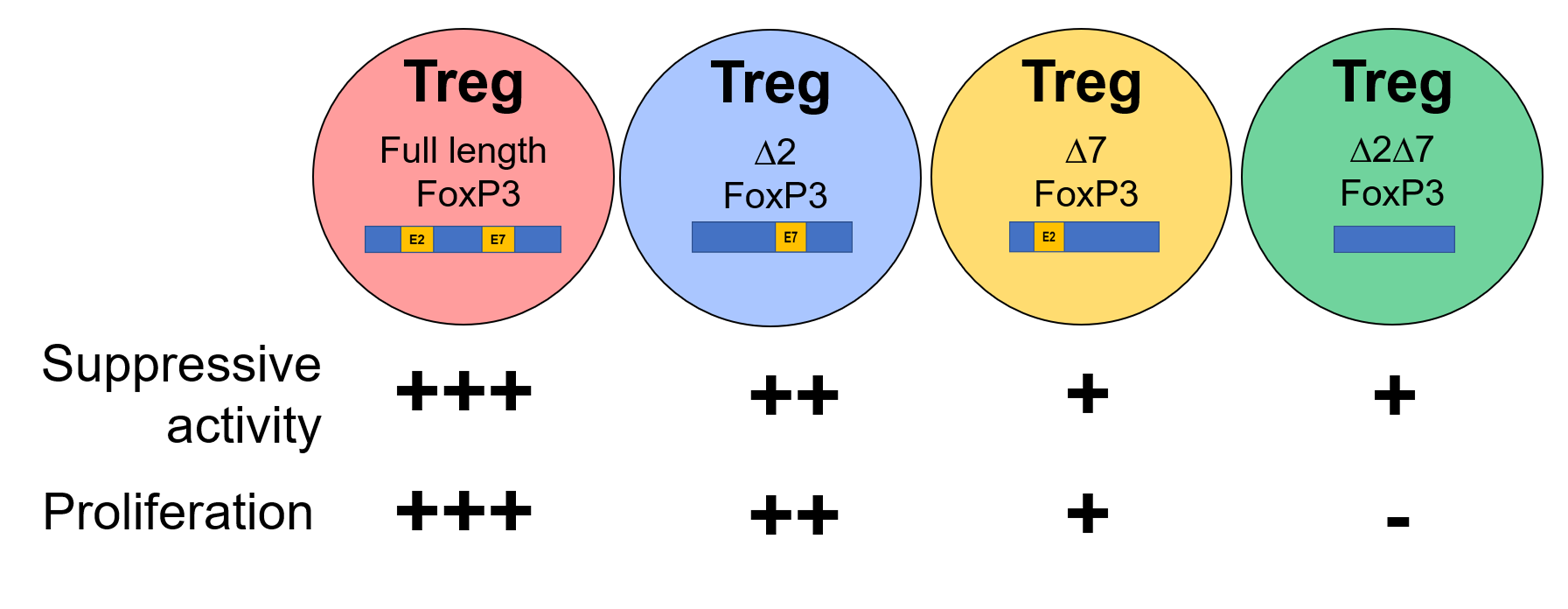Slu’s Tim Randolph Honored for Discovery of New Diagnostics for Sickle Cell Disease in Underdeveloped Countries
Saint Louis UniversityResearcher Tim Randolph, Ph.D., professor of clinical health sciences at Saint Louis University, has been named a Senior Member of the National Academy of Inventors.

















